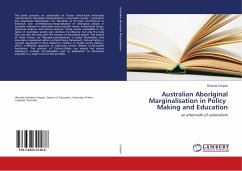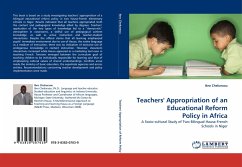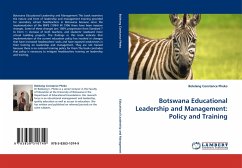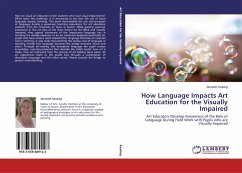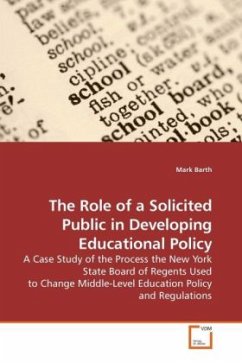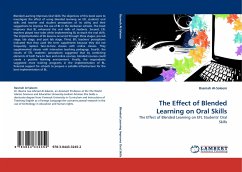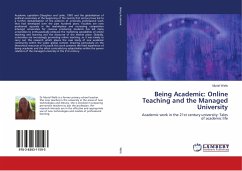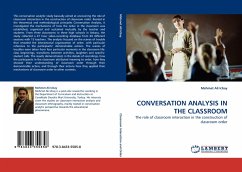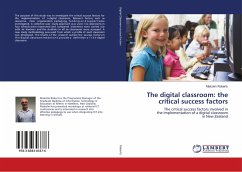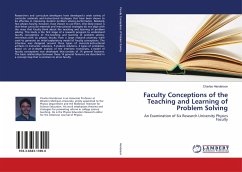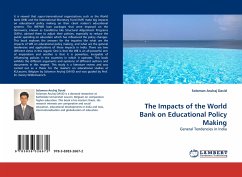
The Impacts of the World Bank on Educational Policy Making
General Tendencies in India
Versandkostenfrei!
Versandfertig in 6-10 Tagen
32,99 €
inkl. MwSt.

PAYBACK Punkte
16 °P sammeln!
It is viewed that supra-transnational organizations such as the World Bank (WB) and the International Monetary Fund (IMF) make big impacts on educational policy making on their client nation's educational systems. The IMF/WB loan packages that were imposed on the borrowers, known as Conditions like Structural Adjustment Programs (SAPs), advised them to adjust their policies, especially to reduce the public spending on education which has influenced the policy changes. This book explores the answers for the inquiries like what are the impacts of WB on educational policy making, and what are the...
It is viewed that supra-transnational organizations such as the World Bank (WB) and the International Monetary Fund (IMF) make big impacts on educational policy making on their client nation's educational systems. The IMF/WB loan packages that were imposed on the borrowers, known as Conditions like Structural Adjustment Programs (SAPs), advised them to adjust their policies, especially to reduce the public spending on education which has influenced the policy changes. This book explores the answers for the inquiries like what are the impacts of WB on educational policy making, and what are the general tendencies and applications of these impacts in India. There are two different views in this regard. One is that the WB is an all-powerful arm of imperialism and another is that it is powerless, incapable of influencing policies in the countries in which it operates. This book exhibits the different arguments and opinions of different authors and documents in this respect. This study is a literature review and was carried out as a thesis for the master's on educational studies at KULeuven, Belgium by Solomon Arulraj DAVID and was guided by Prof. Dr. Danny Wildemeersch.



